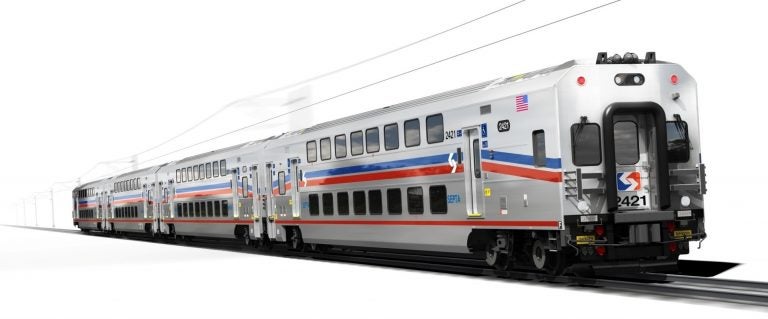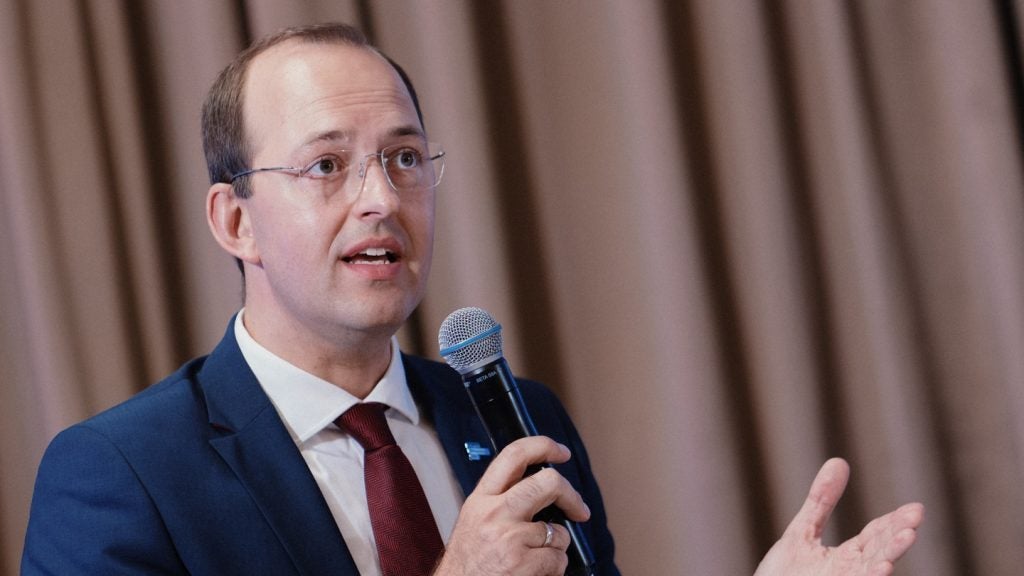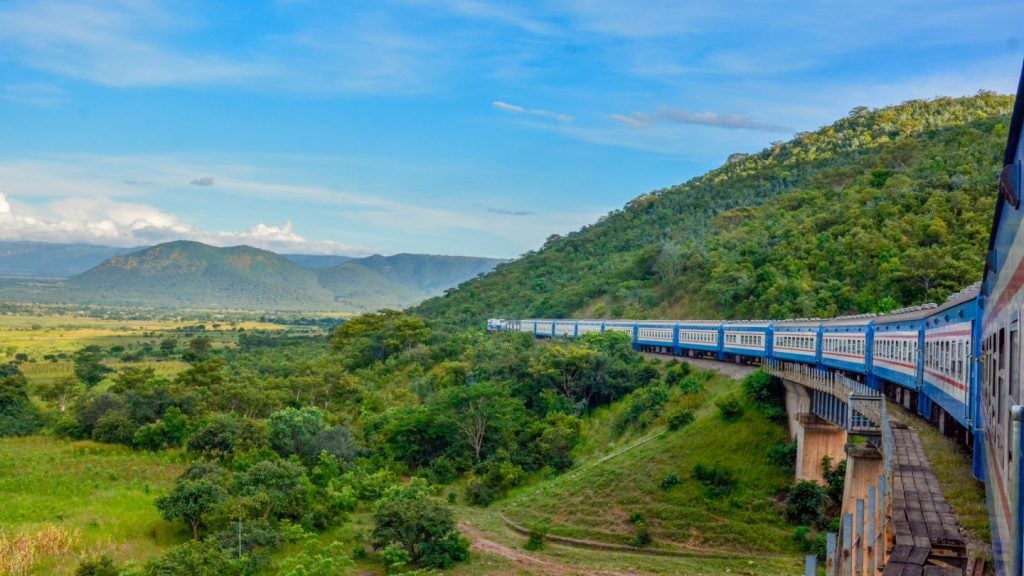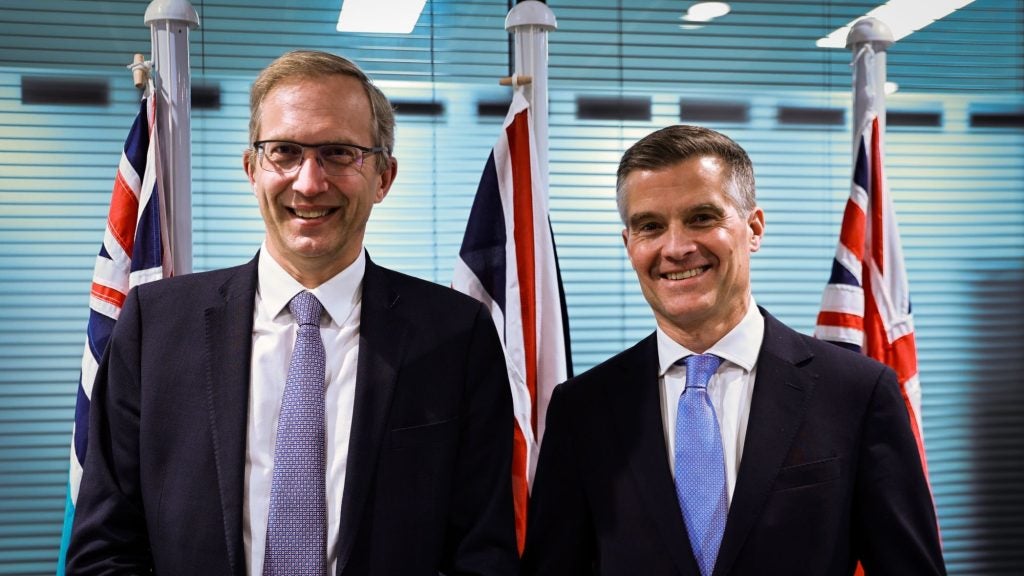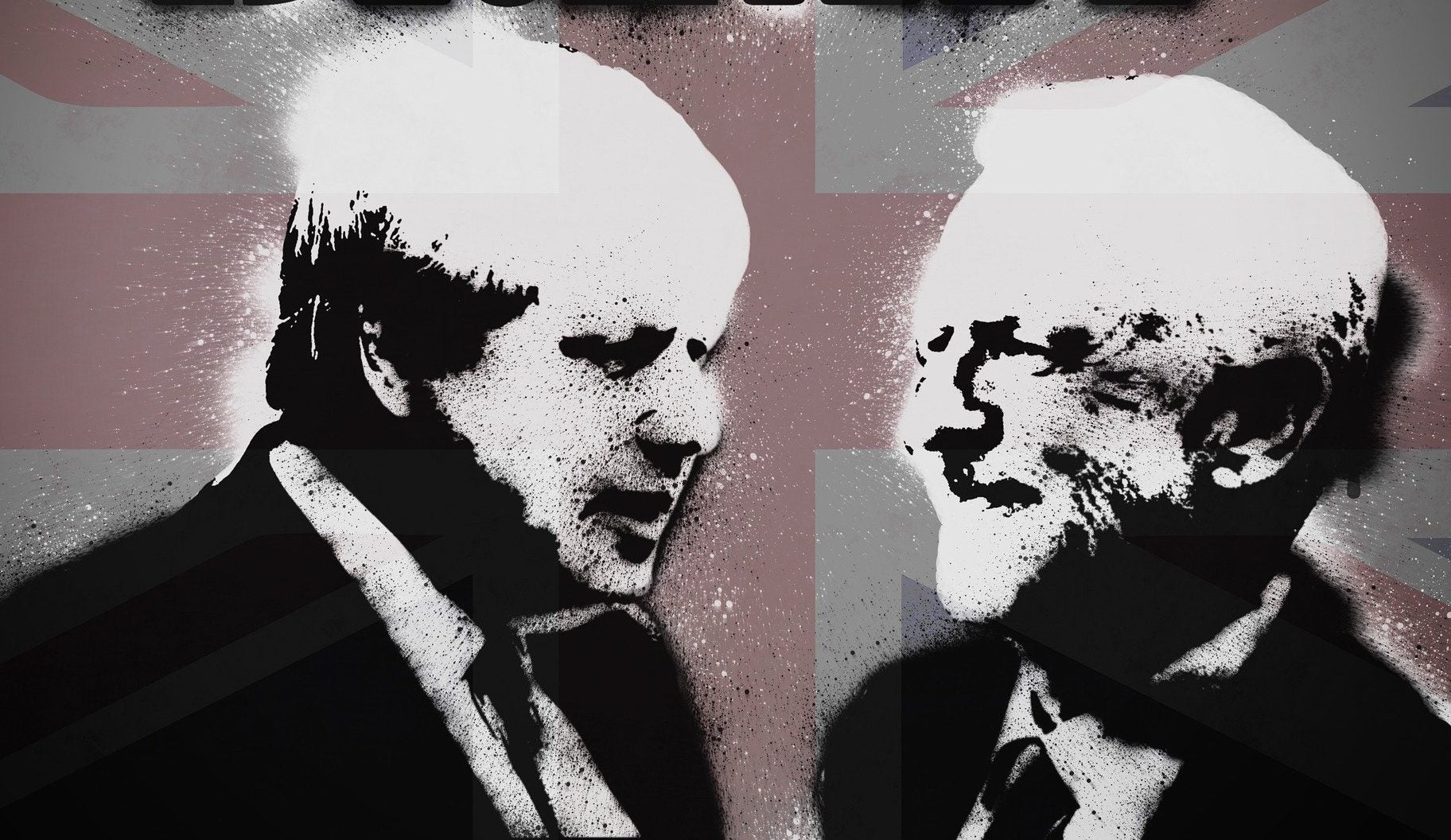
The general election campaign is in full swing with manifestos released by the Greens, Liberal Democrats, Labour and the Conservatives. While Brexit took centre stage in the respective manifestos, the parties have also made promises that could shape the future of the UK’s railways.
With the goal to bolster the rail industry in the UK, the various leaders highlighted their main priorities. From the delivery of the HS2 to the conflicting ownership of the railways, here are the main policies pledged by each political party and what they could mean for the rail industry.
Conservative Party: a £100bn investment for improving Britain’s transport infrastructure
At the manifesto’s launch in Telford in the West Midlands on 24 November, Boris Johnson promised a “transport revolution”.
The manifesto says that a Tory-led government would “invest £100bn in additional infrastructure spending on roads, rail and other responsible, productive investment which will repair and refurbish the fabric of our country and generate greater growth.”
It affirmed that the railways “need accountability, not nationalisation”.
As a result, the party has put its promise of a resolution to “end the complicated franchising model” in favour of “a simpler, more effective rail system, including giving metro mayors control over services in their areas”.
How well do you really know your competitors?
Access the most comprehensive Company Profiles on the market, powered by GlobalData. Save hours of research. Gain competitive edge.

Thank you!
Your download email will arrive shortly
Not ready to buy yet? Download a free sample
We are confident about the unique quality of our Company Profiles. However, we want you to make the most beneficial decision for your business, so we offer a free sample that you can download by submitting the below form
By GlobalDataThere is a firm commitment to build Northern Powerhouse Rail between Leeds and Manchester, “and then focus on Liverpool, Tees Valley, Hull, Sheffield and Newcastle”.
If successful during the election, it vowed to “restore many of the Beeching lines” – the 3,000 miles of railway closed after a review of the network begun by the Conservatives in the early 1960s and continued for the rest of the decade by the Labour Party.
The Tories have threatened to pull the plug on the HS2 line linking London and Birmingham. The manifesto says that it “is a great ambition, but will now cost at least £81bn and will not reach Leeds or Manchester until as late as 2040”.
The findings of the Oakervee Review into the project – which, as a leak indicates, says it should continue – will be “considered”.
Under the Conservative government, railway operators would be obliged to set up “minimum service agreements” in the event of a strike that would outline the numbers and the nature of staff who would remain at work in advance.
Another policy highlighted in the manifesto is to give regions outside the capital the funding to upgrade their public transport services and make them “as good as London’s, with more frequent, better-integrated services, more electrification, modern buses and trains and smart ticketing”.
Labour Party: a “sustainable, affordable and integrated transport system”
The Labour Party outlined its transport policies in its 105-page manifesto with the mission to establish “a sustainable, affordable, accessible and integrated transport system,” affirming that “transport is an essential public service.”
In terms of making rail services more efficient, leader Jeremy Corbyn pledged to end privatisation and high ticket fares and bring railways back into public ownership. The Labour government will “rebuild the fragmented railways as a nationally integrated public service”. The “wastage of private profit” would end under its government, the manifesto said.
The reasons outlined by the party are that a publicly owned rail company “will steer network planning and investments. It will co-ordinate mainline upgrades, resignalling, rolling stock replacement and major projects”.
The Labour government would also introduce a long-term investment plan to deliver “Crossrail for the North” as it would boost the connectivity in the northern regions.
Alongside the present project from London via Birmingham to Manchester and Leeds, it would complete what it calls “the full HS2 route to Scotland, taking full account of the environmental impacts of different route options”.
Aiming to make rail more accessible for older and disabled passengers, it added that it would end driver-only operation and would place a guard on every train.
With sustainability at its core, the Labour government will “kick-start a Green Industrial Revolution to tackle the climate emergency” and initiate more environment-friendly strategies in the rail industry. This would help UK residents become “less reliant on their cars, for our better health, for a cleaner environment and to improve quality of life in our towns and cities,” the manifesto said.
The party promises to implement a “rolling programme of electrification” with a pledge to ensure the “continuity of skills, jobs and supply chain capacity to reduce costs, improve productivity and support the economic benefits of Labour’s Green Industrial Revolution.”
The Green Party: prioritising sustainability and scrapping the HS2
Under the leadership of the Green Party, the UK will witness a “public and sustainable transport revolution, which will allow people to travel cheaply and safely on new trains, buses, cycleways and footpaths.”
The manifesto said that it would make sustainability a priority to create a nation in which “wherever people live they are not forced to use a car”.
The Green Party would make travelling by public transport cheaper than travelling by car by reducing rail fares.
With a promise to renationalise the railways within a decade, the manifesto aims to bring about “a new golden age of train” by opening new rail connections that “remove bottlenecks, increase rail freight capacity, improve journey times and frequencies, enhance capacity in the South West, Midlands and North, and connect currently unconnected urban areas”.
“The doomed HS2 rail line” will be scrapped, said the Greens and the funding being used for the “damaging” project will then be switched to “re-open closed stations.” The investment will fund “three electrified rail lines running from Liverpool and Manchester to Sheffield, Hull and the Tees Valley”.
To ensure lower carbon emissions, the Green Party is committed to “creating a government-owned rolling stock company which would invest in a fleet of new electric trains to run on newly electrified lines.”
The Liberal Democrats: a new Railways Agency to “fix Britain’s railways”
Echoing a similar goal as that of the Green Party, Lib Dem leader Jo Swinson announced in the manifesto that the main goal would be to “meet the challenge of climate change”.
“There is enormous scope to improve Britain’s railways, providing reliable and affordable train services and cutting emissions,” the manifesto said.
No diesel trains will run beyond 2034, because the entire rail network will run on ultra-low-emission technology such as electric or hydrogen by then, the manifesto said.
While the Labour party supports nationalisation, the Lib Dems said they would “start a revolution in rail franchising by opening up the bidding process to public sector companies, local or combined authorities, not-for-profits and mutual” as they could “deliver much better services than private operators”.
One of the key changes it promises is to freeze rail fares for commuters and season ticket holders for the duration of the next parliament, “while we fix our railways”.
The manifesto said that a new Railways Agency will oversee the operations of the railway network, removing the Department for Transport (DfT) from day-to-day decision-making. The party warns of “sanctioning and ultimately sacking train operators if they fail to provide a high-quality public service to their customers”.
The Liberal Democrats are committed to completing the HS2 railway. The manifesto said that it will aim to “address problems with implementation to ensure that HS2 opens as early as possible to meet our decarbonisation goals while minimising the destruction of precious UK habitats and woodland”.
They said they would also spend £15bn on enhancements to the existing rail infrastructure and support projects including the Crossrail 2, Northern Powerhouse Rail, East-West Rail. The party will, however, “ensure far tighter financial controls and increased accountability to ensure that these projects are value for money”.
SNP: decarbonising the railways and building better infrastructure
The SNP manifesto pledges to make public transport “better and greener”. The manifesto stressed that the franchise-owned method of running the railways while the infrastructure sits with Network Rail “isn’t working.”
Unlike the Labour manifesto which spoke of nationalising the railways, SNP said it will hand it over to the public sector. “We will insist our railways are run here in Scotland and that they can be run by the public sector.
“We support the overdue and necessary change to full Scottish public sector control of the structure, governance and operation of the Scottish railway system,” it said.
Giving importance to climate change and sustainability, the manifesto said that the government would aim to reduce emissions from Scotland’s railways in a bid to make it carbon- zero by 2035. The Scottish Government will work with the UK Government to “reduce domestic flights” aiming to reduce carbon footprint in the country.
One of the key improvements it will focus on is reducing the journey time between London and Scotland as well as improve connections to the North of England.



